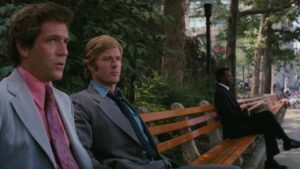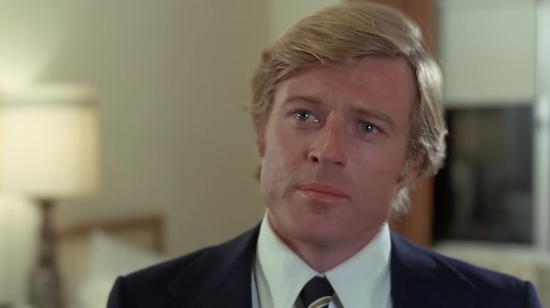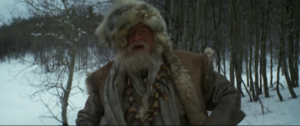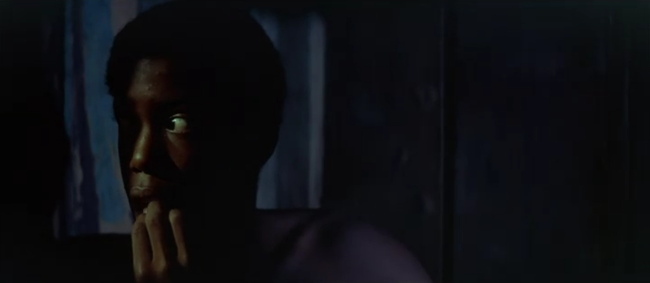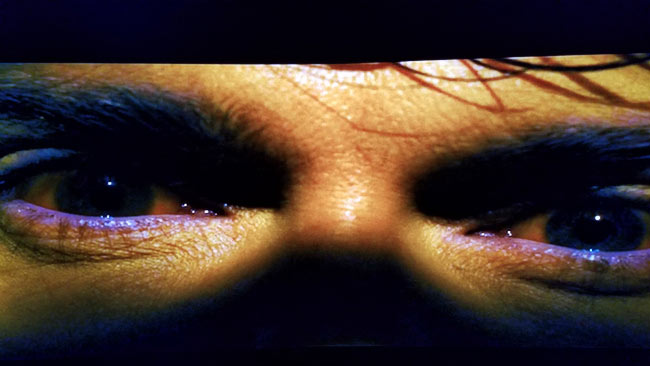1972: The Year of Robert Redford
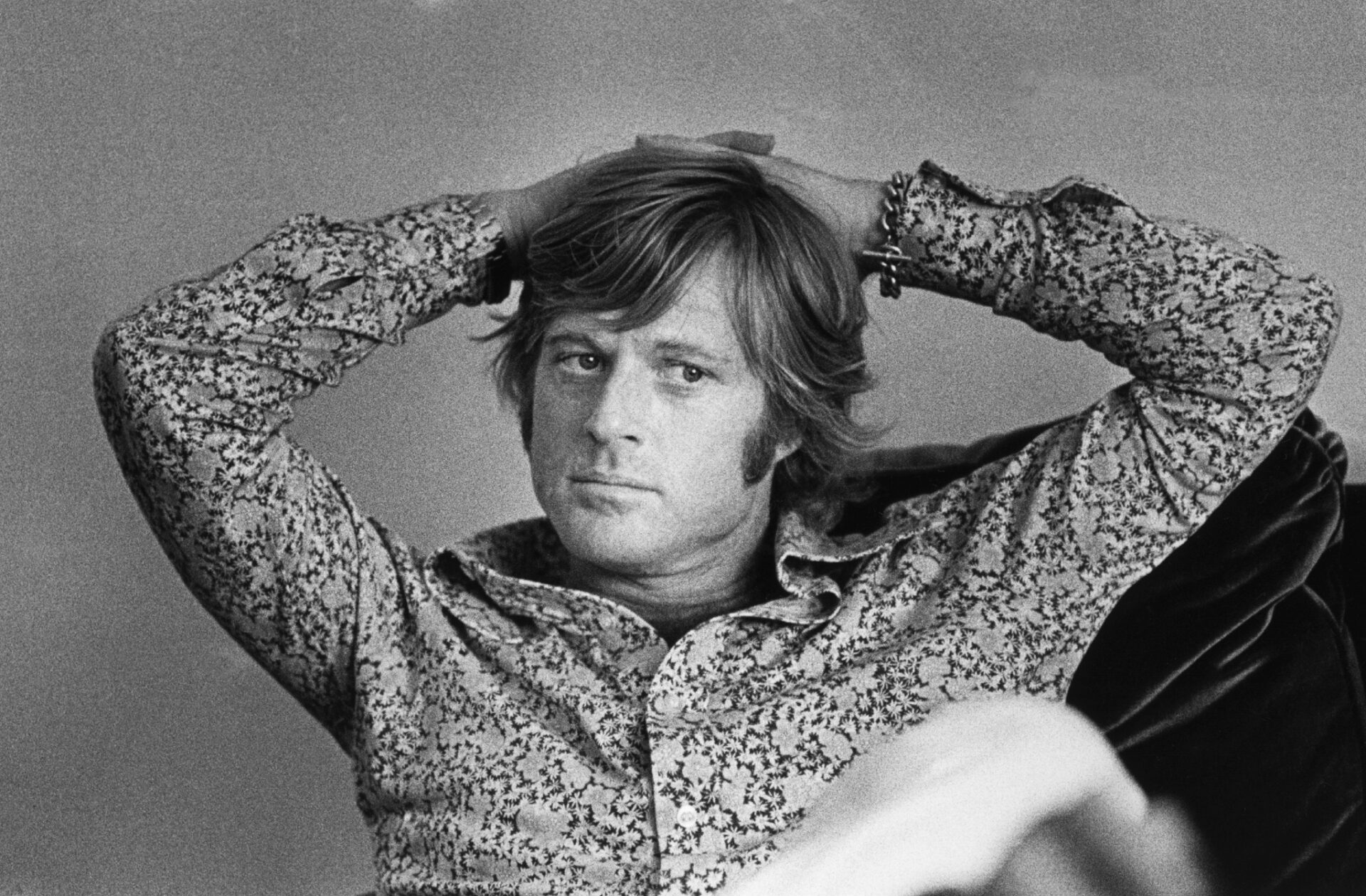
Robert Redford starred in three movies in 1972. In our closing articles covering 1972 we will be looking at those movies.
Robert Redford
In 1972, Robert Redford starred in three movies. One was a heist movie, the other a political comedy of sorts, and the third was a movie that fits comfortable between Man in the Wilderness and The Revenant, which is basically the same movie. Yes, it was one heck of a year for Robert Redford.
The Hot Rock
(January 26, 1972)
The Hot Rock starts like almost every other heist movie that has ever been made. The main character, Dortmunder (Robert Redford), is released from prison swearing this time he would go straight. That is until an opportunity “too good to pass up” is presented to him.
The job is to steal a diamond, of course there are always diamonds involved, from a museum and return it to Dr. Amusa (the one and only Moses Gunn) so he can return it to the country it came from, his country of course. And just like almost every other heist movie everything that can go wrong goes wrong. This is also where the “comedy” comes in.
Comedy may be stretching it some because, to be honest, it’s not really funny. Kelp (George Segal), the one that brought the job to Dortmunder, struggles opening locks that appear to be simple locks. The locks and a glass covering are the only things preventing them from stealing the priceless diamond. When Kelp has unlocked the locks he gets trapped underneath it. Dortmunder’s sister’s infant pees on him in another scene. Maybe our taste is comedy has changed over the years, but I can’t imagine in 1972 audiences thought much of the movie was funny.
The hook in The Hot Rock is that Dortmunder and his crew have to steal the diamond not just once but a few times. The first time they have to re-steal the diamond is after Greenberg (Paul Sand, Teen Wolf, Too) swallows it. From there each re-steal is sillier than the one before. Then, out of nowhere and unannounced, a hypnotist comes to save the day to hypnotize the bank manager of the diamond’s last resting place. All ends well and the band of merry men make off with the priceless diamond.
Kick It Or Keep It
You can’t argue that the cast of The Hot Rock isn’t top notch. Robert Redford pulls of the charming leading man, as he always does. George Segal was no stranger to comedy. His list of comedies is impressive. In 1970 he starred with Barbra Streisand in The Owl and the Pussycat. In 1979, he starred in Fun With Dick and Jane. Years later, Segal would star in the long running series “Just Shoot Me” and “The Goldbergs.” In his six decade acting career Ron Leibman was perhaps known best for his role in Slaughterhouse-Five, but when you see him you’ll say “I know him from somewhere.”
The ultimate problem with The Hot Rock is that it’s boring. It’s not funny and, unlike other heist movies, there’s no moment that you think anyone is going to be caught. Reford and the rest of the cast turned in fine performance. They weren’t great, but they weren’t bad either. Anyway you cut it, The Hot Rock is definitely a Kick.
The Candidate
(June 29, 1972)
Redford’s next movie was The Candidate. Bill McKay (Redford) is a lawyer who’s trying to do good things in his community like helping the homeless, defending those who don’t have a voice, and raising awareness for various causes. He’s basically the Democrat that every Republican hates. He does all this partly out of guilt for his father, a one time governor of California, doing some questionable things while in office. He’s content doing what he’s doing until one day members of the Democratic National Committee ask him to run for senator.
Their selling point is that he’s not going to win. And because he’s not going to win he can run his campaign the way he wants to run it. For a time, that works. Meanwhile, his political advisors are planning things behind his back. Until he starts making progress and a loss doesn’t look like a forgone conclusion. That’s when his political advisors step in to pump the brakes on him. Quick edit shots show McKay at different locations repeating the same words again and again until he’s tired of it all and takes his campaign back.
If we were giving a Farley Award for the movie it would go to the end scene. McKay looks at his advisor Martin Lucas (Peter Boyle) and asks “What now?” Movie ends, credit rolls. The end line, like the last line in Chinatown, sums up the movie in only a couple of words. McKay never had a platform. His man of the people act carried voters to the polls. Past that, McKay was running on sound bites and repeated speeches. “What now” that you have no plan and no idea how to execute a plan if you had one.
Kick It or Keep It
As good as The Candidate is and the fact that it’s just as relevant today as it was in 1972, I think this one may hover somewhere outside the top 10. So, it’s not a Keeper and it’s not a Kick.
Jeremiah Johnson
(December 21, 1972)
Redford’s last movie came just in time for the holidays. Though not a Christmas movie in the least bit, there is a lot of snow. A lot of time. Jeremiah Johnson (Robert Redford) spends a lot of time high in the Rocky Mountains. Before he found himself in the mountains Johnson was a soldier. We’re not told this for a fact, but a scene later in the movie shows soldiers wearing the same gear as when we first meet Johnson.
What Johnson is running from is never specifically disclosed. He said he wanted to be a trapper and a mountain man, but it’s obvious that he’s running from something. In this day and age when everyone wants a prequel for back story and a sequel to explain some past event, Jeremiah Johnson doesn’t do any of these things. The what and why is irrelevant. Director Sydney Pollack and the five screenwriters (yes, you read that right) don’t feel the need to spoon feed the audience.
The film doesn’t feel like it needs an intermission. It clocks in at only an hour and fifty minutes. Unlike a movie like Giant or Gods and Generals, the intermission serves more purpose than to give the audience a chance to straighten out their legs. The intermission is a clear separation of the two parts of the movie, the first half and the last.
The first half of the movie establishes the character of Jeremiah Johnson. He only wanted to be a trapper, a mountain man, and live by himself. However, he wasn’t very good at it until he meets Bear Claw (Will Geer, the grandfather on The Waltons) who shows him how to track, trap, and skin animals. He becomes very proficient at living by himself, but then he’s saddled with an orphan, whose family were killed by Flathead Indians, and he was forced to marry a Crow woman, Swan. The man who wanted to be alone had become a family man. Despite Johnson’s rough exterior he starts to like the role of father and even falls in love with Swan.
When the intermission is over Johnson’s entire life is wrecked. It’s as if the first half of the movie’s only purpose was to build up the Johnson character in order to tear him down in the second half. And tear it down it does. Johnson loses everything to the Crow. The second half of the movie becomes a story of revenge. Johnson hunts every Crow he can and kills them. In return, the Crow try to kill him. By the end of the movie Johnson’s legend has grown to mythical proportions.
Bear Claw asks Johnson at their final meeting if it was all worth the trouble? Johnson answers, “What trouble?” His answer isn’t very convincing. In front of Bear Claw and the audience is a broken man. He’s tired and worn out. Johnson went up to the mountains to live the solitude life of a trapper. At the end his dream comes true but at a very high cost. There’s even a hint of doubt that he wants to stay in the mountains, but he probably will until he dies. The Johnson myths would not agree. The myths built up around Johnson say he can never die. Maybe he’s still up in the Rockies watching how we’ve messed everything up.
The Farley Award
If there is a Farley Award to be given, and there is a Farley Award to be given, it goes to two scenes that make a whole. We know Johnson arrived in 1901. How much time has gone by is a little more difficult to pinpoint. We only have his facial hair and the hair on his head to judge time. That’s okay because Johnson doesn’t know how much time has passed either. While Johnson is leading an army patrol to find missing homesteaders he asks the captain how the “war was going?” His only response to hearing the war had ended was “Oh, yeah? who won?”
During his last meeting with Bear Claw Johnson asks him if he knows what time of the year it is. More than likely, he doesn’t know what year it is either. Neither one of them can remember what month it may be. Is it March? April? Neither seems to care. Just like asking who won the war, Johnson is so disconnected to the outside world that if he were to return not only would he be completely lost, but everything he had been through in the mountains would have been for naught.
Keep it or Kick It
Jeremiah Johnson is definitely a Keep.

